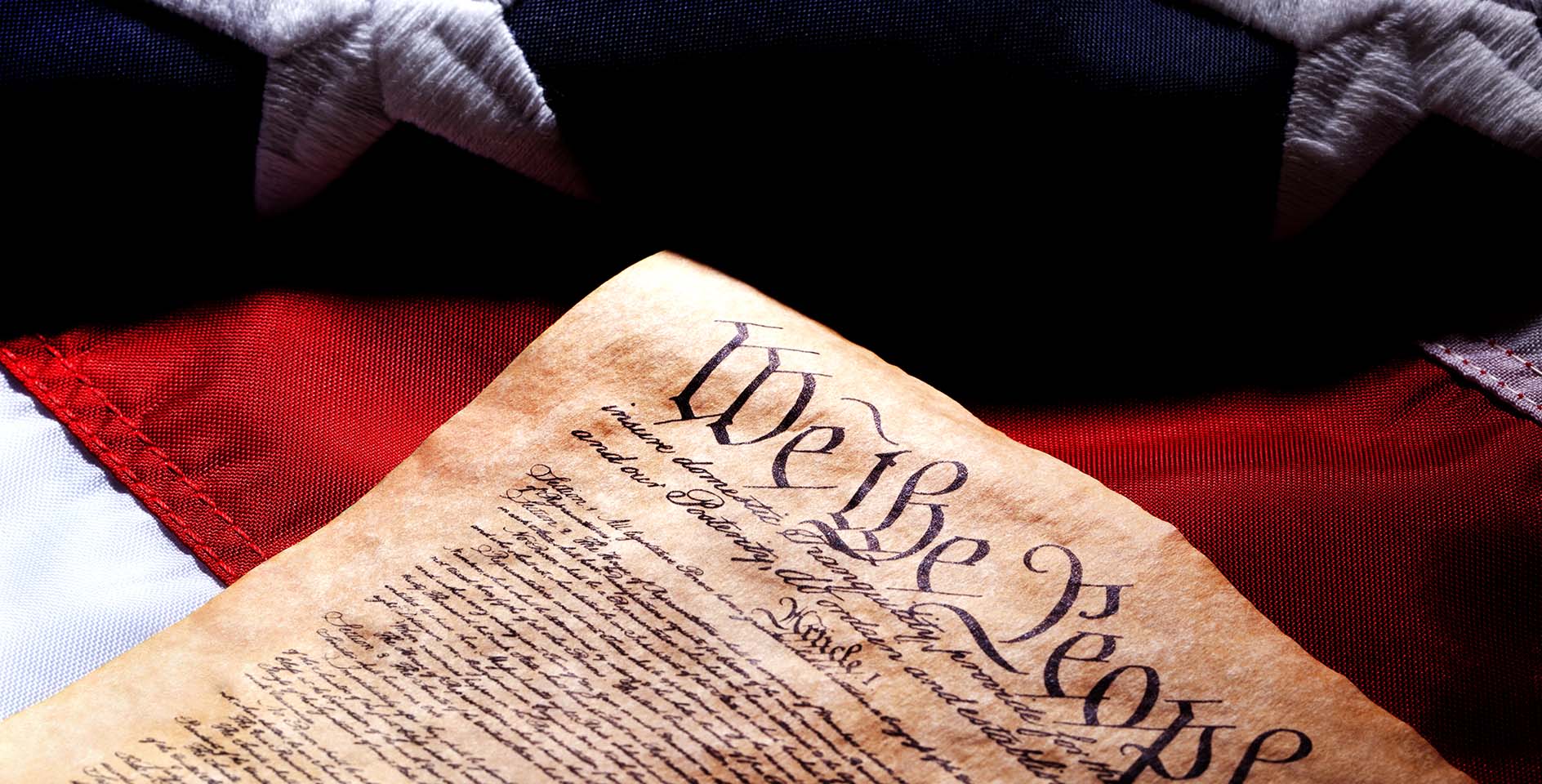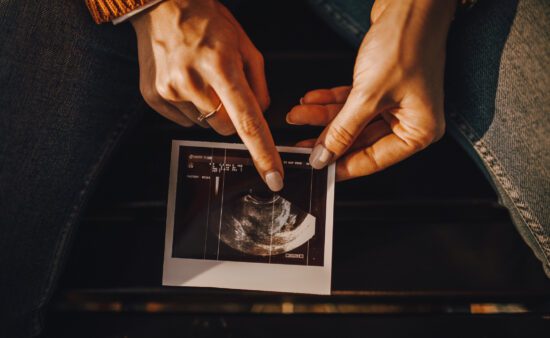The amount of disarray in American public life — from the ongoing waves of COVID-19 to our miserable political disunity — doesn’t exactly paint a picture of national consensus on much of anything. And, the last thing we might imagine Americans would ever agree on, especially at this cultural moment, is the place religion holds in our society. But that’s exactly what the results of a recent survey show: agreement on the topic of religious freedom.
For the last three years, the Becket Fund for Religious Liberty has partnered with the Association of Religious Data Archives and the research firm Heart + Mind Strategies to produce the annual Religious Freedom Index: American Perspectives on the First Amendment. At its core, the Religious Freedom Index aims to provide “a unique look into American public opinion on First Amendment freedoms” and to “help inform discussions about religion’s role in America’s shifting cultural dynamics.” In an era of rapid change, the index is the thermometer Becket uses to periodically take the country’s religious temperature — and this year’s reading may surprise you.
Index methodology
Taking place each year between mid-September and mid-October, the Religious Freedom Index consists of 21 standard questions (asked with the same phrasing every year) and a group of additional questions that change from year to year based on current events. Index data is gathered “in an online poll of a nationally representative sample of [one thousand] American adults conducted by independent research company, Heart + Mind Strategies.”
Once the data is gathered, results are analyzed, categorized, and then calculated and scored using a scale from 0 to 100, “where 0 indicates complete opposition for the principle of religious freedom at issue and 100 indicates complete support for the same principle.” For more information on Index methodology, follow this link.
Three key findings
According to Becket’s analysis, “In 2021, Americans [bounced] back from an especially divisive year with newfound confidence in their support for a wide spectrum of religious freedom principles.” Within that “wide spectrum of religious freedom principles,” three key findings emerged: “Americans want a level playing field for faith-based organizations,” “Americans value religious voices in national conversations,” and “Americans [continue to] prioritize houses of worship, [even] in a pandemic.”
- Americans want a level playing field for faith-based organizations
The COVID-19 pandemic has been horrible in many ways, there is no denying it. But, in some ways, it seems to have awakened us to the realization that communities of faith and religious organizations play an integral role in society, namely when catastrophes like a pandemic strike. So, in the midst of literal pandemonium, Americans agreed that faith-based organizations should be given a level playing field, even when it comes to government funding opportunities and partnerships.
“In the past,” for example, “65 percent of respondents said that religious organizations helping their communities should be just as eligible to receive government funds as nonreligious organizations, but this year that level of support increased six points to 71 percent.” Regardless of the pros and cons of religious organizations receiving government funds, this is an indication that general support for religious organizations — and recognition of their importance — is not waning, but strengthening.
By and large, Americans recognize and “appreciate the contributions of religion and people of faith,” which is a survey marker that increased by seven points since 2020. This growing support is something to note.
- Americans value religious voices in national conversations
There is no shortage of national conversations being had right now. To vaccinate or not, to send kids back to school in person or not, to recognize the Jan. 6, 2021, insurrection attempt as an act of terror or not — all of these (and more) are controversial and consequential discussions, and the consensus among Americans, contrary to what we may assume, is that “people with religiously based opinions” should be included in them.
The public square is sometimes assumed to be off-limits for those in religious communities. But, as the Index outlines, the majority of Americans (62%) “agree that people with religiously based opinions on controversial topics should be free to voice them in public,” which was true even among respondents to whom faith is not personally important (53%).
Overwhelmingly (83% of respondents), Americans understand that the “freedom to express or share religious beliefs with others is . . . an essential part of religious freedom.” So, whether in the public square, at the workplace, or in our schools, Americans agree that religious voices deserve a seat at the table.
- Americans prioritize houses of worship in a pandemic
The COVID-19 pandemic sparked a lot of discussion around best practices and a lot of questions around what services and activities ought to be deemed essential. Often the church found itself in the crosshairs of these discussions.
But once again, Americans landed on the side of religious freedom, agreeing that houses of worship do provide essential services. Though the level of consensus is less remarkable here, respondents affirmed that many activities that take place at houses of worship, like funerals (62%) and worship (52%), are absolutely essential.
One surprising takeaway
The opening sentence of the report’s Executive Summary says the following: “After a uniquely divisive year, Americans rebuil[t] consensus around support for religious freedom pushing the Index score to a new high.” Interestingly, despite all the divisive and combative language making constant headlines, Americans agree now more than anytime in the last three years that religious freedom is essential.
What does it all mean?
There are a number of conclusions we could arrive at based on what we find in this most recent Religious Freedom Index. Certainly, there’s more to analyze than the few takeaways mentioned here, but the consistent note being struck in these findings is one of optimism.
While the index is not a commentary on the state of religion itself — the religious makeup in America is different than it’s ever been, after all — it does give insight into the importance the American people place on the free exercise of religion that’s enshrined in our country’s founding documents. As the 2021 Religious Freedom Index clearly shows, this first freedom continues to maintain strong and confident support among the body politic.
For Christians, this means that we should gladly and confidently exercise our religious freedom. Of course, the practice of the Christian faith doesn’t depend on a government’s recognition of our God-given freedom to follow him. But when a government, like ours, declares in its foundational documents that we may lawfully exercise our religion with no fear of retribution, we ought to do just that. So, wherever God has placed us — in the public square, in the academy, in the political arena, in the neighborhood where we live —may we freely live out the faith that he has planted in us.










